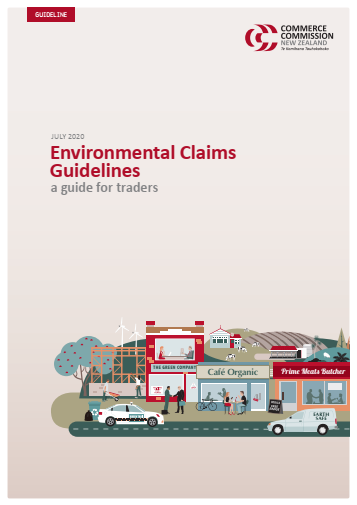Environmental Claims Guidelines

Plastics NZ is pleased to welcome the launch of the Commerce Commission's new guidelines to help traders understand their obligations when making environmental claims, including how to avoid breaching the Fair Trading Act.
Plastics NZ has been working with the Commerce Commission to ensure that these guidelines are fair and provide accurate information related to plastics claims. Consumers are increasingly considering the environment when buying goods and services and may be prepared to pay a price premium for a good or service that gives the impression that it is beneficial for the environment or has a lesser impact on the environment than an alternative good or service. Examples of environmental claims include statements made about recycling, biodegradability, and the use of recycled content or natural products.
The Environmental Claims Guidelines cover general principles and include examples of cases taken by the Commission in the past. The guidelines remind traders to:
• be truthful
• be accurate
• be specific
• substantiate claims
• use plain language
• not exaggerate
• take care when relying on tests or surveys.
Make sure you are not in breach of these guidelines. Download your copy of the Environmental Claims Guidelines today.
Background
The Environmental Claims Guidelines replace the Guidelines for Green Marketing, published in 2008.
Environmental claims
An environmental claim is a representation about the environmental impact of a good or service. They are sometimes referred to as ‘green claims’.
Breaching the Fair Trading Act
There are serious penalties for breaching the Fair Trading Act 1986 – companies can be fined up to $600,000 and individuals up to $200,000 per breach. A penalty can also damage the reputation of a business.
July 2020




